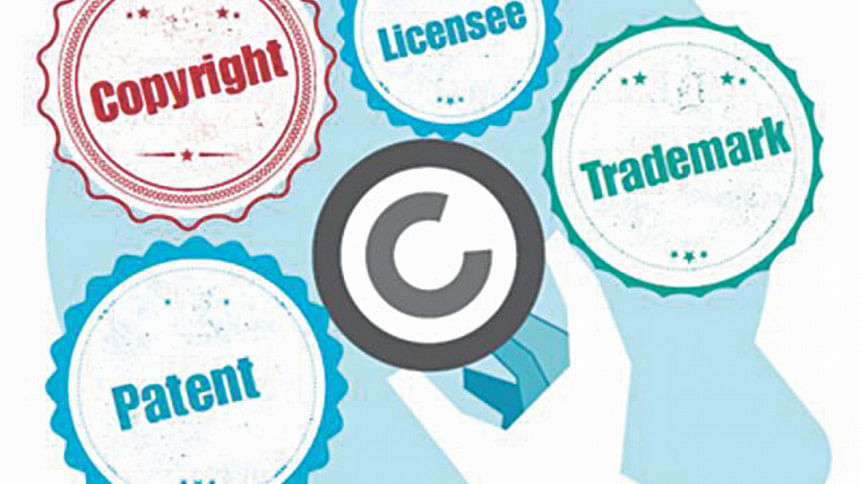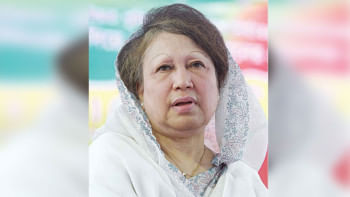Enforcement of IPRs

The present world is witnessing increased attention on the issues concerning Intellectual Property Rights (IPRs) in the policy making at both national and global levels. IPRs are the rights given to people over the creations of their minds and often considered the ownership rights for the use of innovative works and is measured to promote innovation, investment in science and technology for the public welfare. This right is outlined in Article 27(2) of the Universal Declaration of Human Rights (1948) which provides that “Everyone has the right to the protection of the moral and material interests resulting from any scientific, literary or artistic production of which he is the author.”
Protection and promotion of this right is a sine qua non for ensuring that the technological and economic developments resulted from the labours of innovative people should be appreciated. The IPRs provide the owners of IP the legally enforceable power to prevent others from using an intellectual creation or to set the terms on which it can be used. Only a strong system of IP protection can create an atmosphere where the innovative industries flourish to promote the overall economic development of a country.
The enforcement and implementation of IPRs in Bangladesh has been a much debated issue during the recent years. Enforcement of these rights has taken a large place in the maximum global trade agreements. In Bangladesh the protection of IPRs is governed by several means, e.g., administrative, civil and criminal sanctions and IP is administered by two separate Ministries. The two offices responsible for IP matters in these two ministries are: the Department of Patents, Designs and Trade Marks (DPDT) under the Ministry of Industries (MOI) and the Copyright Office under the Ministry of Cultural Affairs (MOCA). The Trademarks Act (2009), the Copyright Act (2000), and the Patents and Designs Act (1911) have given certain IPRs to trademark and copyright holder and patentee. These laws have defined some violations of the rights as crime. The Penal Code (1860) and the Customs Act (1969) also have declared certain activities as criminal offence.
The Government of Bangladesh has constituted different regular and special agencies empowering to limit the infringements of IPRs that must also be competent to protect the IPRs guaranteed by the existing legal framework in Bangladesh. The present functional agencies are: the DPDT, the Copyright Office, Mobile Courts, Rapid Action Battalion (RAB) and the local police who are working under different teams in different areas of Bangladesh.
The DPDT is a quasi-judicial body and the Registrar thereof acts as a tribunal against the decision of whom an appeal shall be instituted before the High Court Division. In case of violation of rights as to trademarks, no suit can be filed before any Court inferior to the Court of an Assistant Judge or a Joint District Judge. Since all the criminal proceedings at the first place are entertained by the Magistrate's Court, thus the criminal cases as to false trademarks, trade mark counterfeiting etc. are tried by the Court of First Class or the Second Class Magistrate, and in the metropolitan area by the Metropolitan Magistrate. An appeal against the decision of a Magistrate Court shall lie before the Court of District or Sessions Judge.
The IPRs are one of the susceptible areas in Bangladesh whose effective enforcement could renovate the socio-economic conditions of this country. Bangladesh has introduced a stronger IPRs protection system through enacting a number of legislations and becoming the party to various global instruments regarding IPRs. However, extensive violations due to having a fragile enforcement mechanism have discouraged the creativity and deprived inventive works of their pecuniary value and protection of uniqueness in this developing country.
The writer is a Senior Lecturer in Law, Southeast University.

 For all latest news, follow The Daily Star's Google News channel.
For all latest news, follow The Daily Star's Google News channel. 



Comments